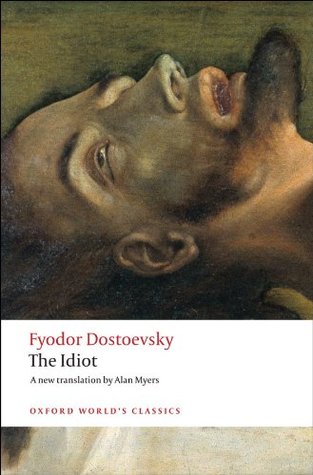Needs must when the devil drives, and our young lady will go off to see Nastasya Filippovna.
Devil drives; passionate jealousy drives. Actually, it’s ’more than jealousy,’ as Aglaya said it herself. It’s ironic how Aglaya claimed that Nastya will kill herself if she saw Myshkin marry her [Aglaya], and although she’s right, she has probably reached a pinnacle of jealousy that is somewhat similar to Nastasya’s.
I don’t think Aglaya will kill herself though. It’s just that she really is in love with Myshkin, for a multitude of reasons — he is not just a fiancé but a real friend; (according to her) the second part of his mind, the compassion part, is more superior than everyone else’s; she thinks nobody, not even herself is worthy of his little finger (in that way, she is the most similar to Nastasya); she praised him through the recitation of the ‘poor knight,’though even that was shrouded in jealousy by her replacing AMD to NFB.
Aglaya can’t stand to think that Myshkin really might love Nastasya more in the end, firstly because she hates Nastasya and sees her only as a ruined woman who would ‘corrupt’ the Prince, and secondly because she doesn’t understand how the Prince could love her so much: he is obviously terrified of Nastasya, but speaks about her with so much compassion and in Aglaya’s eyes, love — these moments make her falter the most and probably drove her to arrange a meeting with Nastasya in the end. And Myshkin the best man and possibly the only one she’s been willing to marry, though she’s cruel to him very often.
So that’s all why this moment is seen as such a fateful moment by the characters, and the narrator is telling us as much. It’s literally the climax of every burning passion that’s been running through the novel since the very beginning — we say Myshkin and Rogozhin on the train; since Myshkin saw Nastasya’s picture; since Myshkin first talked with the Yepanchins. The ending is the terrible crash.


